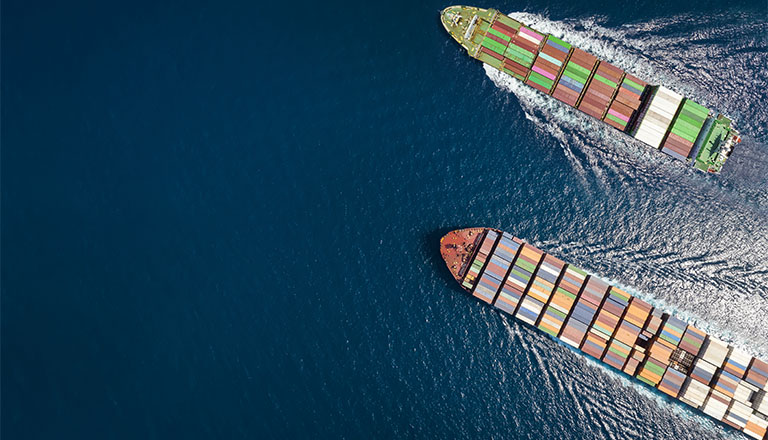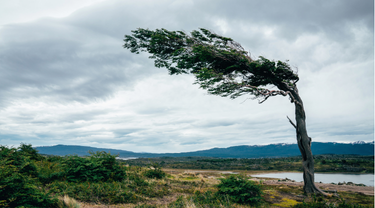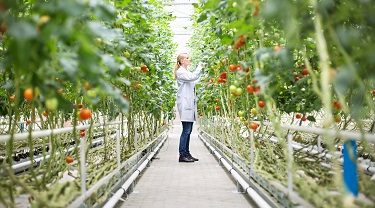Infrastructure and technological integration
For Canada to become a dependable supplier of agri-food to Mexico, there must be a more integrated transportation network that facilitates the efficient movement of goods and people between our countries. In April 2023, the historic merger of CP Rail and Kansas City Southern Rail created the Canadian Pacific Kansas City (CPKC), the first single-line, transnational railway connecting Canada, the United States and Mexico, building upon our countries’ existing free trade agreement at the time.
The merger paves the way for the so-called T-MEC (or CUSMA) Corridor, a major infrastructure initiative aimed at facilitating more efficient transportation of goods between Canada, the United States and Mexico. The ambitious project includes port modernizations, a rail network linking Mazatlán (Sinaloa) and Winnipeg, and logistics infrastructure throughout the North American transportation network, boosting investment and industrial development.
In 2023, the Government of Canada developed the CentrePort Canada project in Winnipeg and Rosser, Man. Once fully operational, the project will serve as the logistics centre for the Canadian section of the corridor.
Mexico’s need for agriculture imports underscores many of the challenges facing its farmers, including limited arable land, unpredictable weather patterns and water scarcity—all of which reduce the efficiency and predictability of domestic agri-food supplies. Mexico can benefit from Canadian agricultural technologies and innovation to help its farmers improve crop yields and resilience to climate change. Canadian expertise in precision farming and plant science innovation would be of enormous benefit to the country.
In the northern states, where rainfall is scare for most of the year, the use of hydroponic systems to grow chemical-free food can help improve food availability. Mexico has had three years of crop failures due to draught, requiring the country to rely on imports of beans to supplement local production. Canadian irrigation technology could help Mexican farmers enhance their resilience to draught conditions.
Technological advancements in agriculture
Machine learning, sensors and climate-controlled containers that can help grow food using less land and water than traditional farming could also support Mexico’s resilience. Canadian farmers also possess considerable know-how when it comes to leveraging global positioning system (GPS) and drone technologies to monitor crop health, optimize planting and manage resources more efficiently, reducing waste and increasing yields.
Canadian startups, like Nexus Robotics and OneCup AI, are helping farmers deploy artificial intelligence (AI) and robotics for autonomous farm activities that reduce labour costs. Companies such as Elevate Farms use vertical farming techniques to grow pesticide-free greens in controlled environments, ensuring year-round production and a reduced carbon footprint.
The development of agri-food infrastructure, including storage facilities that reduce post-harvest losses, is another area of considerable Canadian expertise. The United Nations Food and Agriculture Organization (FAO) estimates Mexico’s post-harvest losses at between 13% to 28% of total production, due to humidity and fungal and pest problems. Canadian silos and other storage equipment, as well as pest control technologies, could help Mexico minimize such losses.
Bottom line: Ensuring food security
Notwithstanding an abundance of natural resources, Mexico is a net importer of agri-food. The country faces challenges ensuring food security for its growing and increasingly wealthy population. As one of the world’s top agri-food producers, and a close ally, Canada is well-placed to be a strong, dependable partner to the Mexican people, helping the country meet its food security demands for years to come.
This week, a very special thanks to Prince Owusu, senior economist at EDC Economics.
As always, at EDC Economics, we value your feedback. If you have ideas for topics that you’d like us to explore, please email us at economics@edc.ca and we’ll do our best to cover them.


















